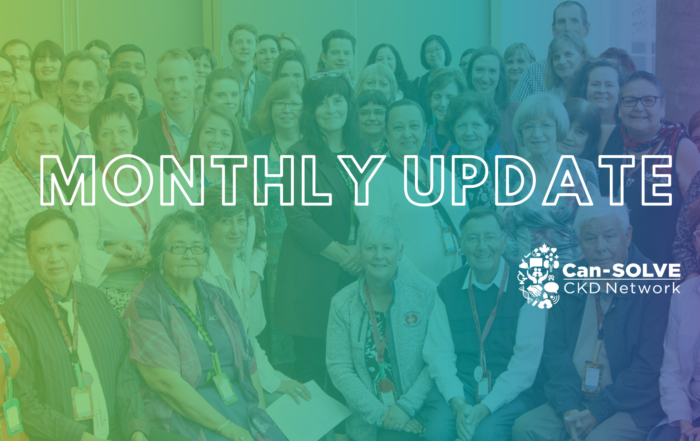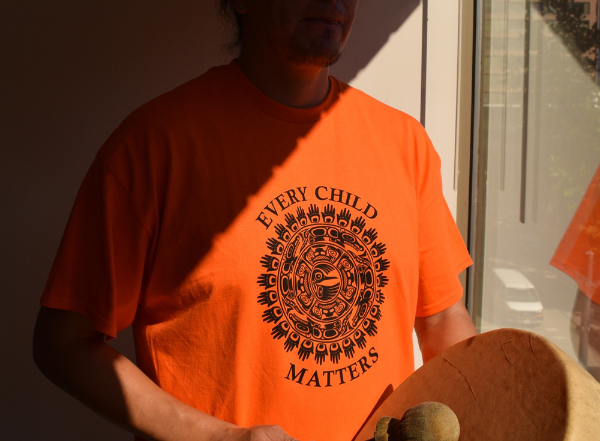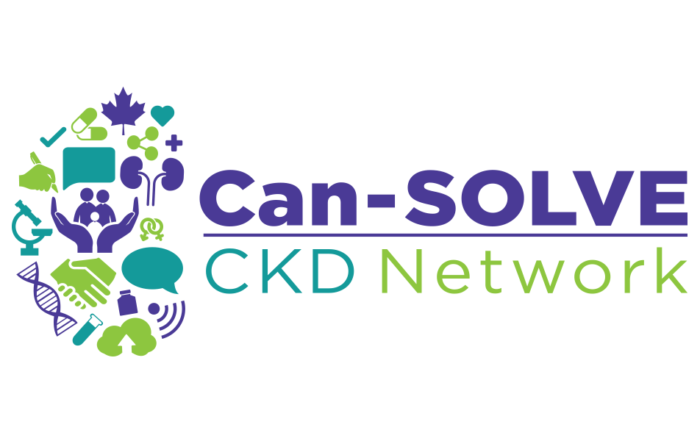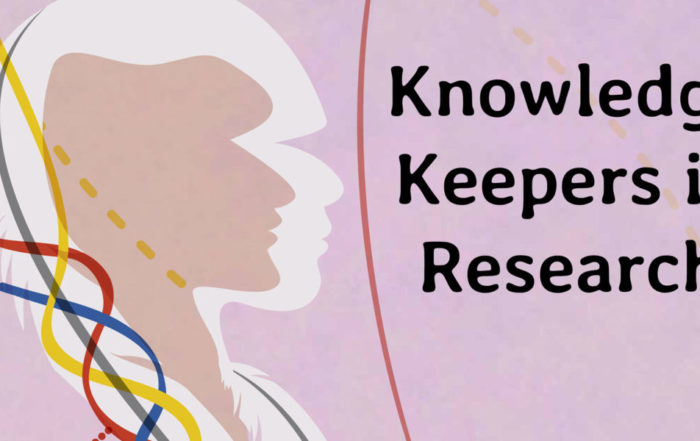 Kidney disease has a strong impact on the health and wellness of Indigenous communities, and it is crucially important that we work to eliminate gaps in kidney health based on culture and geography.
Kidney disease has a strong impact on the health and wellness of Indigenous communities, and it is crucially important that we work to eliminate gaps in kidney health based on culture and geography.
Our research program includes three projects focused on developing and executing culturally appropriate research that will keep kidneys healthy and reassure communities and families about kidney wellness.
Kidney Check: Identifying kidney disease and diabetes in Indigenous communities
Kidney Check: Identifying kidney disease and diabetes in Indigenous communities
Kidney Check is a screening, triage, and treatment program using point-of-care testing and trained health care teams bring kidney, diabetes, and blood pressure checks to First Nations communities. Each participating community has the opportunity to design and work with the Can-SOLVE CKD team to develop a locally acceptable program, which helps to identify healthy kidneys as well as those with mild, moderate or severe kidney problems. The results will be shared with participants in real time. Each person tested will also participate in building their own kidney health plan, including follow-up goals for maintaining kidney health.
Improving Indigenous patient knowledge about treatment options
Improving Indigenous patient knowledge about treatment options
In Canada, there are many educational materials or tools – such as booklets, websites and videos – for patients to learn about chronic kidney disease and treatment options. To meet the needs of patients who aren’t fluent in English or French, some of these tools have been translated into other languages. However, sometimes the content doesn’t translate well, and important cultural connections aren’t made. As a result, patients and families may not have the information they need to make informed decisions about treatment options.
To fill that gap, Can-SOLVE CKD researchers are working with Indigenous communities in British Columbia, Saskatchewan, and Ontario to co-develop culturally specific educational materials. The materials will be tested in additional communities and ultimately shared with, and adapted by, other Indigenous communities across the country.
Improving Renal Complications in Adolescents with Type 2 Diabetes through Research (iCARE)
Improving Renal Complications in Adolescents with Type 2 Diabetes through Research (iCARE)
iCARE is a national study that will recruit 400 children with type 2 diabetes across Canada. Based in Winnipeg, the study will follow participants for two years and assess both heart and kidney outcomes. The goal is to determine the risks that contribute to kidney damage in youth living with type 2 diabetes.
Little is known about why children with type 2 diabetes are at high risk for kidney disease , so the iCARE team is studying the most important risk factors in childhood that are linked with early signs of kidney disease, such as protein in the urine. While high blood sugars and blood pressure have been the most important risk factors for adults, the iCARE participant advisory group suggested that mental health is critical, as well as access to social supports, healthy foods and places to be active. The iCARE team listened to patient partners and included these measures in the study. The team is now working to understand how mental health support can be made more available.
 In addition to the research projects above, we are committed to building respectful partnerships with Indigenous peoples and communities. One of the key activities in this area is the development of a new training platform, Wabishki Bizhiko Skaanj, that will help researchers and patient partners enhance their knowledge and awareness of Indigenous voices and stories, racial biases, the impact of colonization on Indigenous health, and culturally safe health research practices.
In addition to the research projects above, we are committed to building respectful partnerships with Indigenous peoples and communities. One of the key activities in this area is the development of a new training platform, Wabishki Bizhiko Skaanj, that will help researchers and patient partners enhance their knowledge and awareness of Indigenous voices and stories, racial biases, the impact of colonization on Indigenous health, and culturally safe health research practices.
Wabishki Bizhiko Skaanj is a learning pathway that builds on existing resources such as San’yas, Tri-Council Policy Statement Chapter 9, and the KAIROS Blanket Exercise to foster an understanding of the histories and cultures of Indigenous peoples. Participants may complete one or more components of the pathway depending on their learning needs and ability. Self-reflection will be a critical part of each component.
The objectives of Wabishki Bizhiko Skaanj are closely aligned with those of the Can-SOLVE CKD Network. Participants are encouraged to look, listen, learn, and lead their way along the pathway:
- Looking: Look within to observe and examine racial identities, privileges, and biases
- Listening: Listen to Indigenous voices and stories by participating in interactive learning exercises, facilitated online modules and
- Learning: Enhance knowledge of the history of colonization in Canada and its impacts on Indigenous peoples and their health
- Leading: Reflect on the learning and commit to taking appropriate actions in building genuine partnerships with Indigenous peoples and communities in the spirit of reconciliation
The Can-SOLVE CKD Indigenous Peoples’ Engagement and Research Council (IPERC) has commissioned a working group to develop the pathway’s content and oversee its roll-out. The working group is led by Helen Robinson-Settee and includes members of the Can-SOLVE CKD Network, Diabetes Action Canada, First Nations Health Authority (BC), and Provincial Health Services Authority (BC) Indigenous Health.





Connect with us